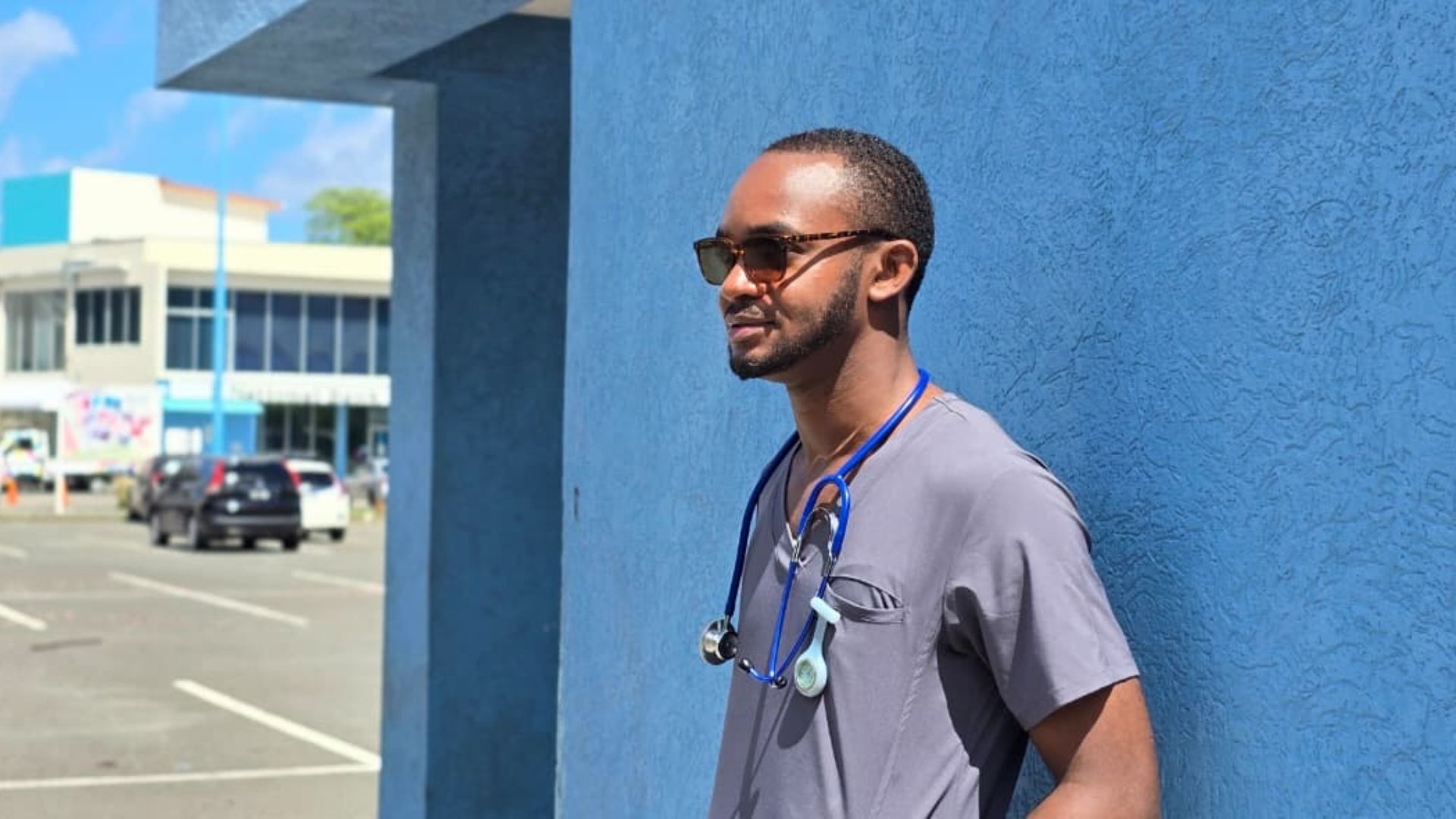Jefferson Gabriel, a 23-year-old nursing student in Saint Lucia, is navigating the challenges of being a man in a predominantly female profession. During his clinical maternity rotation, a mandatory part of his nursing training, Gabriel found himself often sidelined due to patients’ discomfort with male caregivers. Despite his eagerness to learn, he spent entire days observing only one patient, as many women declined his participation in their care for personal or religious reasons. This experience highlights the persistent gender biases in nursing, particularly in maternity wards. Nursing students in Saint Lucia undergo clinical rotations across various wards, but Gabriel’s experience in the maternity ward was starkly different from his peers. While his female counterparts engaged fully in patient care, Gabriel’s role was limited to tasks like bathing newborns. Sister Solomon, a veteran nurse with over 30 years of experience, noted that while the Registration of Nurses and Midwives Act refers to female nurses, there are no legal barriers preventing men from entering the field. She emphasized that skill and compassion, not gender, define a good nurse. Gabriel, inspired by his father’s medical crisis, chose nursing to help others and now aspires to enter nursing education to challenge gender biases and inspire future generations. He acknowledges the discomfort some women feel but stresses that male nurses approach their work professionally. Despite the challenges, Gabriel remains passionate about nursing and hopes to shift perceptions about who can provide care. His story reflects a broader trend of increasing male participation in nursing, driven by changing societal attitudes and the influence of social media in challenging stereotypes.
